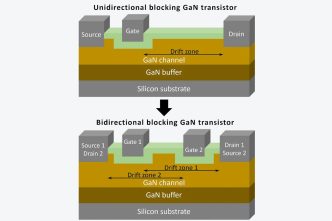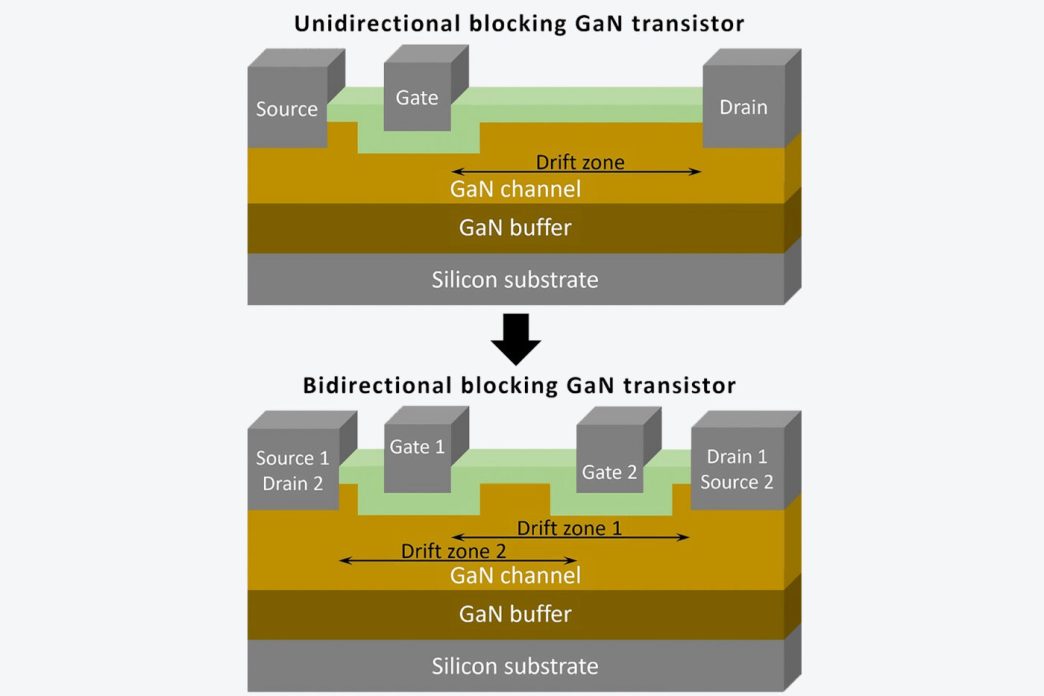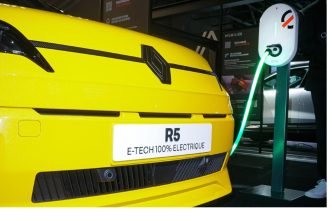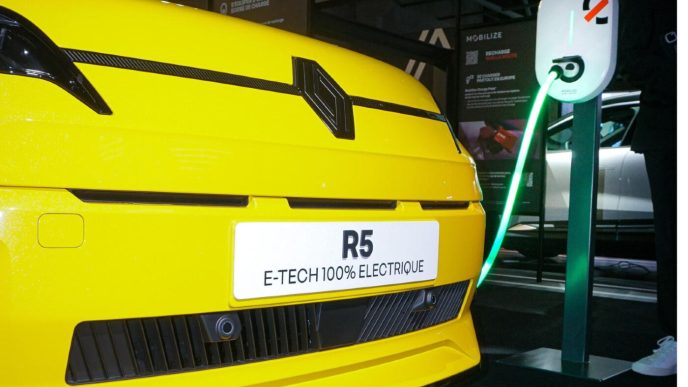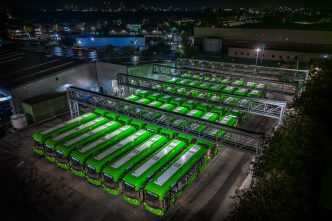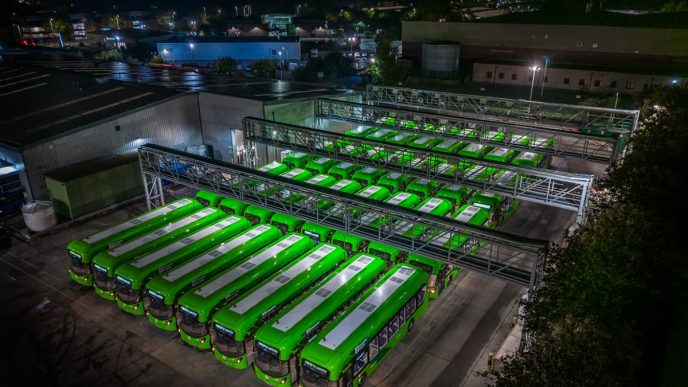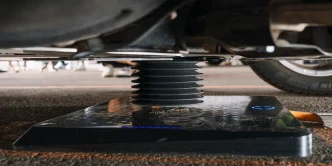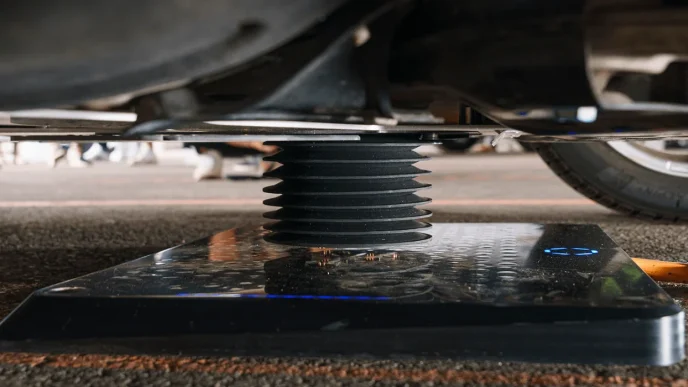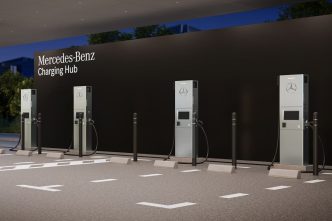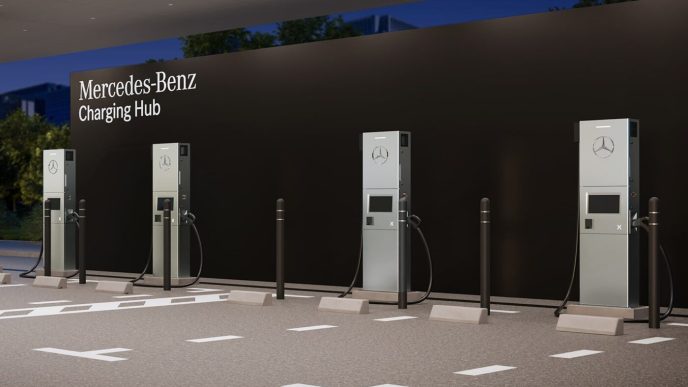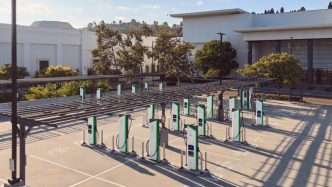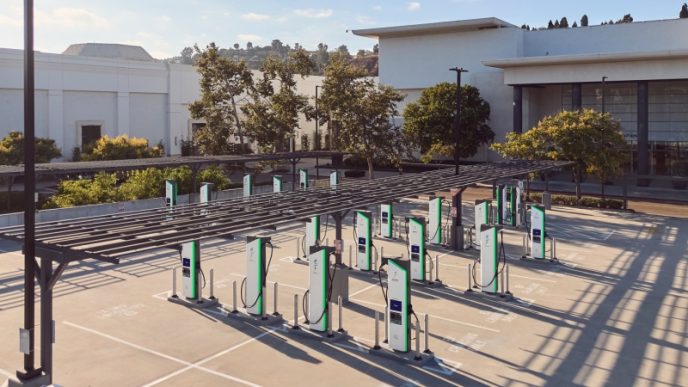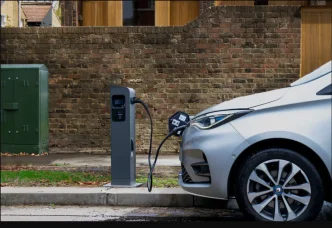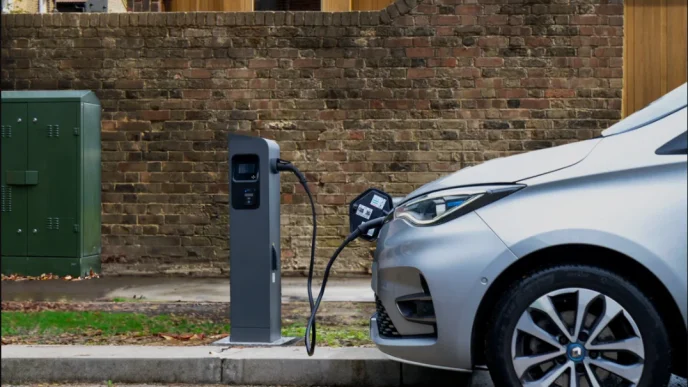A consortium led by the Fraunhofer Institute for Reliability and Microintegration IZM, in collaboration with the Technical University of Berlin and industry partners, is working to improve the efficiency of AC charging for electric vehicles.
Charging losses are a common issue when using household electricity or wall box chargers due to the conversion of alternating current (AC) from the grid into the direct current (DC) needed by vehicle batteries. This conversion, typically handled by the onboard charger in the vehicle, results in energy loss.
The BMBF-funded ‘EnerConnect’ project is focused on developing a new solution involving bidirectionally blocking gallium nitride (GaN) transistors. These transistors, unlike conventional semiconductors, can handle both positive and negative voltages, making them highly effective for use in converters and rectifiers connected to the public grid. GaN semiconductors are known for their high switching frequencies, which allow for smaller and more efficient components, but until now, their inability to block voltage in two directions has limited their use in certain applications.
By integrating these bidirectional GaN transistors into a buck-boost converter system, researchers aim to reduce energy loss by enabling higher efficiency during the voltage conversion process. The innovative circuit design allows for lower switching voltages, which minimizes switching losses, while also simplifying the conversion process by eliminating a converter stage.
This increases overall efficiency, potentially reaching up to 99%, and allows for an increase in switching frequency to as high as 300 kHz. As a result, power density could be boosted by up to 800%, with a compact and efficient onboard charger capable of handling 22 kW of power.
The research team anticipates that these advancements will make charging electric vehicles via household sockets more effective, reducing the space and cost constraints typically associated with higher-capacity onboard chargers. The project could make 22 kW onboard chargers more accessible, offering significant improvements in terms of power density and charging efficiency without the need for large, fast DC chargers.
Source: fraunhofer.de

